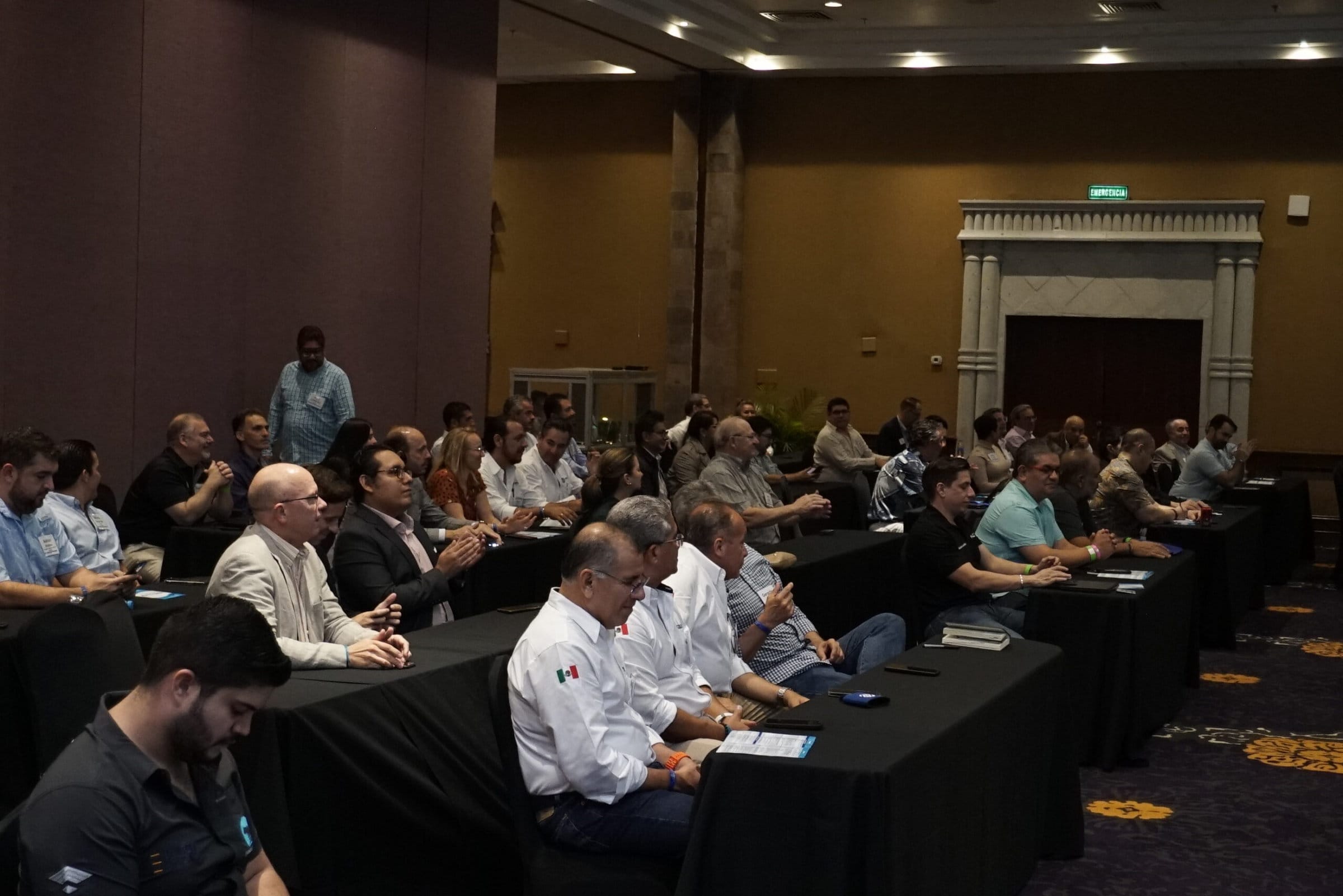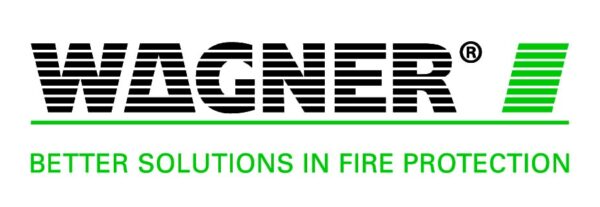Program
The Cold Chain Institute features classes focusing on best practices in the refrigerated warehousing and logistics industries. Learn more about the Year 1 & 2 curriculum and courses below.
Year 1 Curriculum
ACCESSING YOUR GCCA RESOURCES
- Identify GCCA and GCCF programs and services beyond the Institute.
- Navigate the GCCA website and locate membership benefits, including the Inquiry Service and Technical Guides.
- Understand the structure and modules of the Cold Chain Institute course.
SUPPLY CHAIN BASICS
- Understand the concepts of value and value stream within the cold chain;
- Compare PUSH and PULL inventory systems and their operational impact;
- Identify waste in logistics operations and apply Lean principles to improve efficiency;
- Explore the strategic role of logistics as a link between suppliers, operators, and customers.
WAREHOUSE OPERATION ESSENTIALS
- Describe the four guiding principles of warehouse operations.
- Compare standard procedures in your warehouse to those in other facilities.
- Identify key steps in handling temperature-controlled products.
CUSTOMER SERVICE ESSENTIALS
- Explain the impact of excellent customer service on business growth and retention.
- Identify and implement solutions for common customer complaints.
- Demonstrate how to handle client concerns to maintain satisfaction.
RISK ANALYSIS & MANAGEMENT
- Describe the importance of risk management in warehouse operations.
- Outline the Risk Assessment process and complete a basic evaluation.
- Differentiate types of warehouse exposures and review loss prevention techniques.
AMMONIA SAFETY
- Identify why ammonia is used in refrigeration.
- Describe its key physical and chemical properties.
- List health and safety risks, proper handling procedures, and first aid steps.
CONFLICT RESOLUTION
- Identify challenging customer types.
- Apply techniques to resolve internal and external disagreements.
- Develop an action plan for regular customer engagement.
BUSINESS COMMUNICATIONS
- Recognize the different types of organizational communication.
- Understand the value of assertiveness and branding in communication.
- Apply communication skills to advance your career.
FOOD SAFETY: HACCP & FSMA
- Distinguish between food quality and food safety.
- Identify regulatory requirements affecting cold storage facilities.
- Explain key HACCP principles and how they apply to self-monitoring plans.
TRANSPORTATION BASICS
- Understand the importance of temperature control in transport.
- Identify cold chain transportation methods and key components.
- Describe the process and benefits of pre-cooling a trailer.
- Distinguish between asset-based and non-asset-based transportation.
EMERGENCY RESPONSE PLANNING
- Define Emergency Action and Emergency Response Plans.
- List required employee training levels for emergency preparedness.
- Evaluate pros and cons of internal vs. external emergency teams.
FINANCE 101
- Differentiate between finance and accounting.
- Apply key financial terms to daily operations.
- Explain how warehouse activities affect business profitability.
LEADERSHIP DEVELOPMENT
- Identify key leadership styles and their strengths.
- Adapt leadership approach to manage high-performing teams.
- Develop strategies to increase engagement and performance.
FUNDAMENTALS OF FOOD STORAGE AND PRESERVATION
- Explain the impact of controlled-temperature storage on food quality and shelf life.
- Identify critical factors affecting chemical reactions in frozen storage.
- Prepare food products for export while maintaining quality standards.
Year 2 Curriculum
BUDGETING AND FINANCIAL CONTROLS
- Explain the budgeting process.
- Recognize the components and interaction of a Balance Sheet and Profit and Loss Statement.
- Calculate cash flow for a given period.
- Apply a cost-benefit analysis technique for securing the approval of a project.
CUSTOMER RECALL SIMULATION
- Describe the process of a recall.
- Identify the 3PL warehouse’s responsibilities during a recall.
- Conduct an effective mock recall.
CYBER SECURITY: TECHNOLOGY AND INFORMATION SYSTEMS
- Identify current technology and information systems used in the Cold Storage industry.
- Recognize threats and vulnerabilities to commonly used systems.
- Develop strategies to identify and prevent cyber-attacks.
DATAFLOW AND FREIGHT DOCUMENTATION
- Understand different types of Electronic Data Interchange (EDI).
- Identify different standardized EDI formats.
- Learn the benefits and drawbacks of EDI.
EMPLOYEE TRAINING FOR SAFETY
- Define your role as a safety leader.
- Apply strategies for providing and reinforcing safety feedback.
- Identify techniques for value-added safety training.
FEEDBACK AND COACHING
- Define what effective coaching looks like in a workplace/management environment.
- Differentiate the importance of positive feedback from feedback for growth.
- Apply techniques for delivering employee-specific feedback.
FOOD SAFETY IN THE MODERN WAREHOUSE
- Defend the reasons for conducting a sanitation audit.
- Recognize critical conditions that would prevent an “excellent” audit grade.
- Analyze their warehouse’s sanitation procedures for weaknesses.
INTERNATIONAL BUSINESS AND THE COLD CHAIN
- Explain the structure of the international cold chain.
- Define common maritime industry nomenclature.
- Analyze the impact of government agencies on international business.
INTRODUCTION TO WAREHOUSE LAW
- Interpret the "reasonable care" standard.
- Differentiate between negotiable and non-negotiable warehouse receipts.
- Identify strategies to maximize the enforcement of terms and conditions.
MANAGING AND MOTIVATING HUMAN PERFORMANCE
- Relate employee performance to personal and operational success.
- Identify best practices for annual goal setting.
- Summarize frameworks for measuring and evaluating employee performance.
REFRIGERATION AND ENERGY
- Define energy demand.
- List the systems and employee roles that have the greatest influence on energy use in your facility.
- Describe the components of an energy management strategy.
- Analyze their warehouse facility energy management program.
SANITARY TRANSPORTATION OF FOOD
- Understand the STF rule and why it is important.
- Describe the benefits of being Cold Carrier Certified.
- Learn the sanitary best practices of refrigerated transportation.
EFFECTIVE PRESENTATIONS
- Define appropriate scenarios when a presentation is necessary.
- Identify how to structure a clear presentation.
- Use visual aids effectively.
BEHAVIORAL INTERVIEWING
- List the steps for preparing to interview a job candidate.
- Construct a series of behavioral questions that align to a job description.
- Evaluate candidate responses to determine the best fit for the position.


